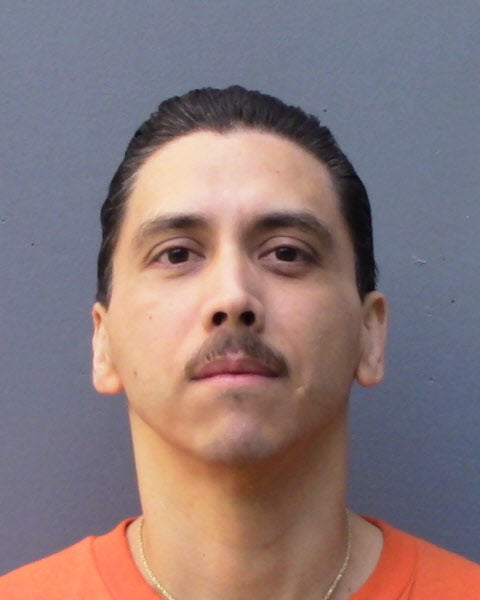A California man who killed a Department of Public Safety officer while on a 1995 road trip in a stolen car is not entitled to a new trial, the 9th Circuit Court of Appeals ruled Tuesday.
The three-judge panel rejected claims by attorneys for death-row inmate Ernesto Salgado Martinez that Maricopa County Superior Court Judge Jeffrey Hotham, who presided over the trial, was biased because the judge’s bailiff was friends with the widow of DPS Officer Robert Martin.
Hotham excluded the bailiff from the courtroom during the testimony of an expert witness to avoid raising the question of whether the bailiff’s reaction to “gory photographs” would have some effect on the jury. Martinez’s new lawyer said that showed how the judge was concerned that the bailiff’s feelings “might spill over inappropriately.”
Judge Milan Smith, writing for the appellate panel, said that Martinez could not cite a single case where a bailiff’s relationship to the victim’s family created the appearance of impropriety.
“At bottom, Martinez’s judicial bias claim is based on unfounded speculation,” Smith wrote.
Court records stated Martinez stole a vehicle in California and used it to drive to Arizona to visit friends and family. He also met a friend, Oscar Fryer, in Globe.
Martin, who had patrolled the area for about two decades, pulled over the stolen car for speeding on the Beeline Highway. Martinez shot him four times, striking him in the hand, neck, back and head, with the last two being fatal.
Police arrested Martinez in Indio, California, the following day, using information furnished by a couple who was driving along the same road — but not before Martinez killed a convenience-store clerk there during a robbery.
He was found guilty on a charge of first-degree murder, two counts of theft and two counts of misconduct involving weapons in the Arizona case.
Before sentencing, however, Ronald Reinstein, the presiding judge of the criminal division, heard arguments about the bailiff.
Reinstein said Martinez had demonstrated no prejudice from Hotham presiding over the case. But Reinstein said that because “death is different,” it would be better “to assign another judge to the sentencing.”
That ended up being Judge Christopher Skelly, who imposed the death penalty, which was upheld by the Arizona Supreme Court.
Martinez was also tried and found guilty and sentenced to death in California for the killing there.
In appealing his Arizona conviction, Martinez also argued that his rights were violated because prosecutors did not inform him that Fryer, who testified at his trial, was using drugs at the time. Martinez also said prosecutors withheld evidence of what benefits they gave to Fryer in exchange for his testimony.
Smith acknowledged the question of whether a witness was using drugs during the trial would reflect on that person’s competence and credibility as a witness. But the appellate court said Martinez presented no evidence that prosecutors were aware of that fact at the time.
Smith also brushed aside claims by Martinez that his original defense counsel did an ineffective job by failing to retain an expert who would have undermined the prosecution’s theory of premeditation.
He said there was “sufficient evidence” in the record to show that Martinez intended to shoot Martin, including testimony by Fryer that Martinez said he has a handgun “for protection” and told him that if he were stopped by police “he wasn’t going back to jail.”





